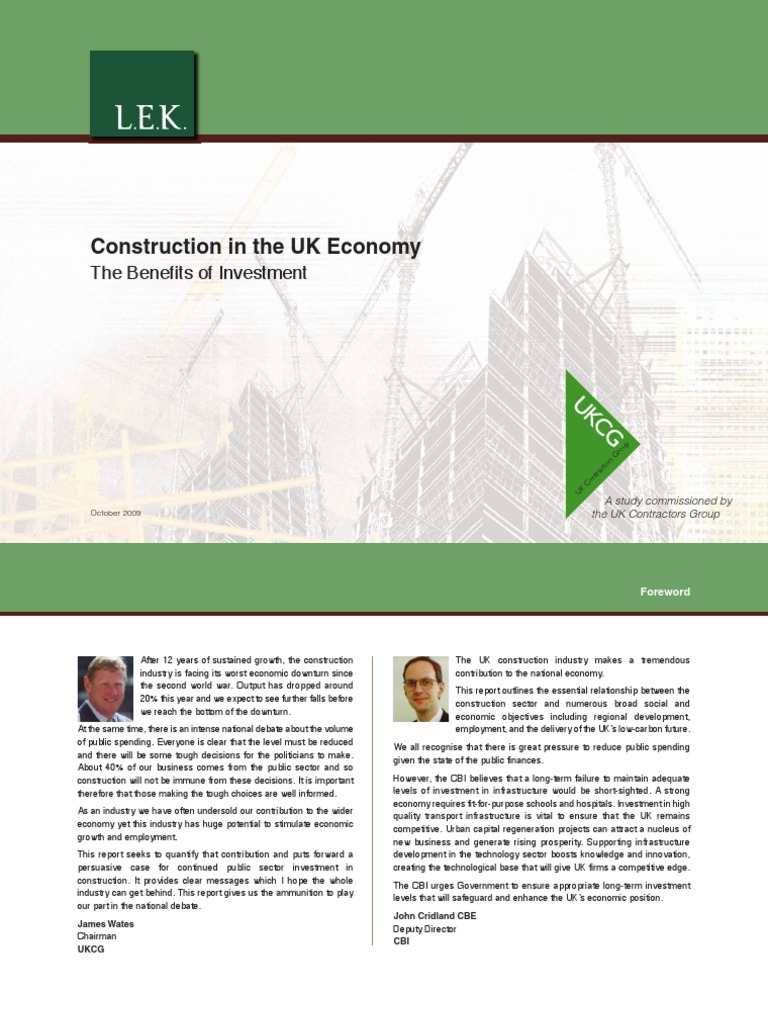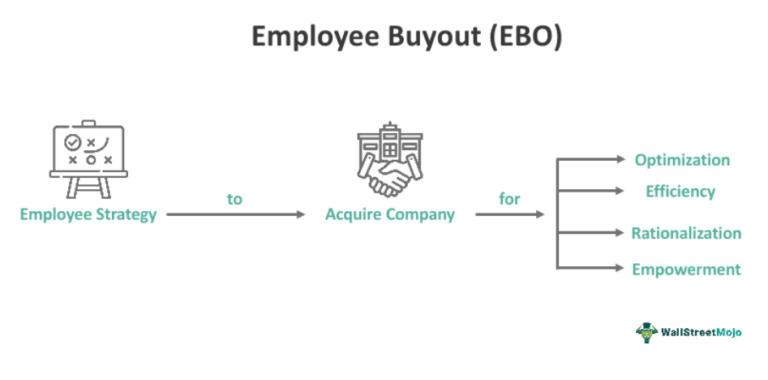
Audience
- Sentiment: Neutral
- Political Group: Moderate
- Age Group: 18-34
- Gender: All genders
Overview
- UK economy grew by 0.1% in Q4 2023, driven mainly by services and construction sectors.
- The Bank of England cut interest rates to 4.5%, but future growth forecasts have been downgraded.
- Higher business taxes and uncertain U.S. trade relations are creating challenges for continued economic growth.
A Closer Look at the UK’s Modest Economic Growth: What It Means for Everyone
Let’s take a moment to think about what “economic growth” really means. It’s not just a fancy term used in news articles; it affects our everyday lives, from the prices we pay for things to the job opportunities available around us. Recently, the UK’s economy showed a bit of growth, but it’s like a small light flickering in a dark room—it’s there, but it’s not necessarily bright enough to chase away all the shadows. Let’s dive into the latest developments to understand what’s going on in the UK economy and why it matters to each of us.
Recent Growth Figures
The Office for National Statistics (ONS), which is like the UK’s economic scoreboard, recently reported that the UK economy grew by 0.1% in the fourth quarter of 2023. This sounds quite small, right? It’s almost like if you studied for a test and got one extra point, just scraping by with a passing grade. Economists had expected the economy to shrink, so this slight growth was a pleasant surprise. It’s like when you’re bracing for a bad grade, and instead, you get a C. While it’s better than an F, you know you can’t celebrate too much.
But where did this growth come from? It was primarily driven by the services and construction sectors. In simple terms, this means that businesses like banks, hotels, restaurants, and builders were doing somewhat better than expected. Think about it: when people go out to eat or when new homes are being built in your area, it can create jobs and boost local businesses. This can be especially important for young people who are looking for part-time jobs or internships.
Interestingly, there was a notable month-on-month expansion of 0.4% in December. This is significant because it shows that during the holiday season, some sectors were thriving by attracting shoppers and clients looking for festive goods and services. Who doesn’t love to visit a bustling shopping center during the holidays?
The Role of the Bank of England
When things get tough economically, the Bank of England steps in to help. This institution is like the UK’s financial lifeguard, trying to keep swimmers (or the economy) from drowning when the waters get rough. Recently, the Bank of England made its first interest rate cut of the year, lowering the benchmark rate to 4.5%. But what does this mean for you?
When interest rates are lowered, it usually makes borrowing cheaper, encouraging people to take out loans for things like buying cars or homes. If you’ve ever heard your parents talk about interest rates, they’re usually discussing how much extra money they’ll have to pay back when borrowing. So, lower rates could mean that families might feel a bit more comfortable spending, which, in turn, can help drive the economy forward.
However, it’s not all sunshine and rainbows. The Bank also downgraded future growth forecasts. This is like a football team losing players to injuries—suddenly it’s clear that they might struggle to win in upcoming games. Economists are predicting more declines in GDP growth for 2025, which means we need to be cautious about getting our hopes up for a vibrant economy anytime soon.
Rising Business Taxes and Criticisms
So, what’s causing this uncertainty in the economy? One major reason is higher business taxes. Imagine that you opened a lemonade stand on a hot summer day, but then you’re told that next week you’ll have to pay more for each cup of lemonade you sell. It might discourage you from working as hard or investing in more supplies. That’s pretty similar to how businesses feel when taxes increase. Chancellor Rachel Reeves recently faced criticism for her fiscal policies, specifically about why she decided to raise taxes.
In her defense, she emphasizes that these tax rises are intended for public spending and overall economic growth. It’s like when your teacher gives you more homework because they believe it will help you learn better in the long run, even if you groan at the thought. The problem is that higher taxes can discourage businesses from investing and expanding, which can create a cycle of slow growth.
Uncertainty with U.S. Trade Relations
Another hurdle that the UK economy faces involves trade relations with the U.S. You might have heard about President Trump threatening to impose tariffs—these are basically taxes on imported goods, making them more expensive. If the UK were to face higher tariffs, it could lead to increased costs for products we buy, making our shopping experiences a little less pleasant.
Imagine if you could buy that favorite snack of yours for $1, but suddenly it costs $1.50 because of tariffs. That can really add up, especially for families trying to stick to a budget. Trade relationships are crucial for countries because they determine how easily goods and services can cross borders, affecting everything from the prices we pay to the job market.
Reflecting on the Future
So, where does this leave us as we look towards the future? While the recent GDP figures hint at a flicker of resilience, there are still significant challenges ahead. The landscape of the economy feels a bit like a tricky obstacle course. It’s not just about growth; it’s about making sure that everyone can benefit from it. For young people, it’s essential to pay attention to these economic developments because they can shape job opportunities and educational programs that might be available down the line.
As students, you may already be thinking about what you want to do when you finish school. Will there be good job prospects in your desired field? Will businesses be hiring? By understanding the economy and how it works, you gain valuable insight into the world around you, helping you prepare for your future career paths.
In conclusion, while the UK’s economy shows modest growth, it’s coupled with hurdles that the government and businesses must navigate. It’s a time of both opportunity and caution. As you continue your studies and think about your future, consider how economic factors impact your local community and your family.
What do you think about the current state of the UK economy? Do you agree with the government’s actions, or do you believe they should take a different approach? We’d love to hear your thoughts, so feel free to share in the comments below!





